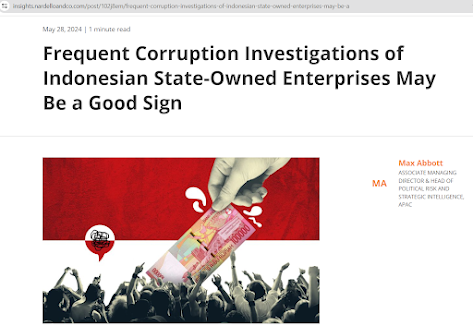During the height of the “Black Lives Matter” protest
that started in May 2020, I remember a few people who came out against these
protest by saying that they believed that “All Lives Matter.” It goes without
saying that these guys were often pillared for being insensitive and the
opposite of “woke.”
To be fair to the people who said that “All Lives
Matter,” they were utterly right. However, what they forgot was the fact that while
“All Lives Matter,” some happen to matter a bit more than others. If you look
closely enough, you’ll notice that lives that are brown and especially black,
happen to matter a lot less than lives that are say, white.
It happens in just about every place on the planet. In
Singapore, its almost acceptable to shit on dark skinned people, especially if
they happen to work on construction sites or do things like ensuring that
fairer skinned people live in a clean environment. If you suggest, for example,
that dark skinned people should ride on the road in the same conditions as the
rest of us, you’ll find someone who will inevitably call you “Anti-Business”
and lacking in any form of sympathy for the bosses of construction companies,
who are inevitably of a fairer shade than the workers they’ve hired. As a
British-Barbadian friend of mine says, “In Singapore you have ‘quality’ racism.”
However, if you look closely enough, Singapore isn’t
the only place that practices “Quality Racism.” Just look at the way in which
the international order works. This can be seen in the difference in which the
ruling powers of the world approach the Russian invasion of Ukraine and the
Israeli bombardment of the Gaza Strip. Everyone gets very angsty about how the
Ukrainians, a nation of fair skinned peoples are being bullied by the Russians,
another group of fair skinned folk. However, when Israel, a nation where nearly
half the population is descended from European immigrants, kills off
Palestinians, a group of brown people, everyone seems to believe that the
European immigrants are the ones being victimized and anyone speaking up for
the brown semitic people inevitably gets tarred with the label of being “Anti-Semitic.”
Just look at the reaction to the news that the
International Criminal Court (“ICC”) had issued an arrest warrant for the
leaders of Hamas, the terrorist organization that perpetrated the attacks on
Israel on October 7, 2023, which killed some 1,189 mostly civilians, including women
and children. This news caused outrage and many of the Republican members of
Congress started threatening to “sanction” the ICC. Why did they get so upset
with Mr. Karim Khan, the prosecutor of the ICC, when he was quite clear that he
was going after the “bad guys?”
Well, the problem was that Mr. Khan didn’t just label
the “brown” people as bad guys. He also issued an arrest warrant for the fairer
skinned people, specifically Israel’s Prime Minister Benjamin Netanyahu and Israel’s
defense minister, Yoav Gallant. Mr. Khan had made the point and presented the
evidence that while the “Bad Brownies” of Hamas had done horrible things on
October 7, the Israeli government had also done bad things like using starvation.
Mr. Khan’s statement can be found at:
However, things are changing. The proverbial “global” south is waking up to the fact that it has a voice. Brown and Black people want to be treated with a measure of equity in the institutions that are supposed to be deliver justice. Look at Mr. Khan’s statement. He’s made the obvious point that Hamas committed a criminal action from the October 7 attacks. However, he’s also made the point that Israel’s perpetration of the war is also criminal. Two wrongs don’t make a right and Mr. Khan is making the point very clearly by issuing a warrant for both sides.
Making this point is inevitably going to get one labeled
a “terrorist” supporter. However, it’s still a point that needs to be made and its
progress that plenty of fair skinned people agree with the fact that black and
brown lives should matter as much as fair skinned ones. Now, its up to the most
powerful old white guy to stop being a prisoner of impotent people and lead the
nation onto the right side of history.










